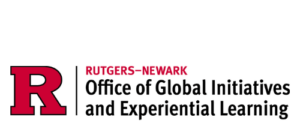Affiliated Faculty

Lana Church is a Licensed Clinical Social Worker, Certified School Social Worker, Certified Gerontologist, Advocate for Victims of Domestic Violence, and Founding Faculty Co-Advisor for the ФА Honor Society for Social Work, мυ ηυ χι Chapter. Professional experience includes medical and psychiatric social work, casework with the homeless youth and survivors of domestic violence. At present time, a teaching instructor at Rutgers University, Director of SW Field Education, and BCWEP Campus Coordinator, training students in social work competencies and coaching agency social workers in student supervision. Church volunteers as a member of the Advisory Board for Salvation Army – NJ and serves on the NASW-NJ Board of Directors as the Regional Representative
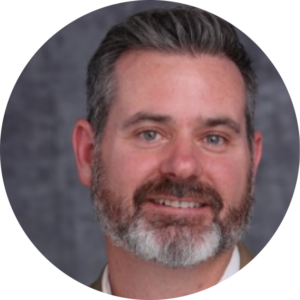
Dr. Jason Daniel Patrick Bird is a leading expert in HIV prevention and health disparities. He holds a Ph.D. from the University of Chicago School of Social Service Administration, where his research focused on sexual communication and HIV prevention among African American men who have sex with men. From 2011 to 2014, Dr. Bird was involved in the Center for AIDS Prevention Studies (CAPS) Training Program at NIMH, where he worked on HIV prevention strategies for racial and sexual minority populations. His work covers areas such as stigma, sexual communication, and community-based interventions. With a Master of Social Work (MSW) from the University of Washington, Dr. Bird has experience as an Administrative Director of Research and has managed various research projects. His background also includes HIV testing and counseling and case management for formerly incarcerated individuals. His career reflects a strong commitment to improving health outcomes for underserved communities.
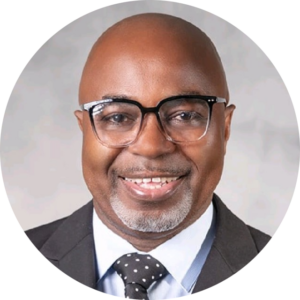
Dr. Michael Conteh holds a Ph.D. in Global Affairs from Rutgers University’s Graduate School in Newark. His research focuses on the critical role of higher education institutions as anchors in their host cities and these institutions’ community engagement strategies, emphasizing their inherent value in local development and urban revitalization. Prior to his doctoral studies, Dr. Conteh worked for the Namibia Institute of Public Administration and Management (NIPAM), a leading management development institute, in Windhoek, Namibia. As Director of Research and Consultancy, he spearheaded initiatives in public sector management, capacity building, gender-based violence, and human trafficking, demonstrating his multifaceted and interdisciplinary expertise. His research interests are impressively broad, focusing on restorative justice practices and reparative frameworks, higher education institutions and their host cities. His comparative analysis of universities as anchor institutions in their respective cities demonstrates his dedication to global academic progress and community engagement strategies.

Marcela Restrepo is a Colombian born but based in Ecuador for more than 25 years. Marcela Restrepo embodies a deep love for nature, culture, and community. With a B.A. from the University of Canterbury in New Zealand and a Rudolf Steiner diploma, she combines academic knowledge with holistic education principles. Residing at Nahual, Palugo Farm in Ecuador, Marcela promotes sustainable practices and eco-friendly lifestyles. She serves as the co-leader for the Rutgers Newark Summer New Hampshire local study away program and has previously worked with an experimental theatre company in New Zealand. Additionally, she has contributed to ecological reserves and communities in Ecuador focused on restoration and alternative agriculture. We collaborated with Marcela on our sustainable development and ecological expedition, where her insights and expertise greatly enriched the experience, making her a valuable partner in our initiatives.
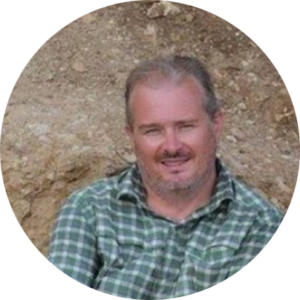
Dr. Gary D. Farney is an Associate Professor of History at Rutgers-Newark. He has operated an archaeological field school in Italy since 2012, through the Rutgers Study Abroad Office (http://fieldschool.rutgers.edu), and before that he operated a Rutgers summer program to Greece from 2005 to 2010. He is a Fellow of the American Academy in Rome, and has held other fellowships at the American School for Classical Studies in Athens and at the Research Center for Anatolian Civilizations in Istanbul. His research and publication have focused on the political culture of the Roman Republic, especially how group identity played a role in shaping Roman politics and society. His first book was entitled Ethnic Identity and Political Competition in the Roman Republic, and he has since published on ancient Italian ethnic groups, Roman villas, and Roman numismatics. He is also the Editor-in-Chief for the Journal of Ancient History.
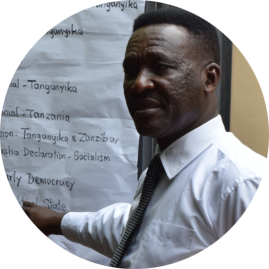
Steven Ndosi holds a Master of Arts (Development Studies) Uganda Martyrs University, Nkozi Campus Uganda (2011) and a Bachelor of Arts (Development Studies) Kimmage Manor Development Studies Center (2005). Mr. Ndosi has held several positions including: Secondary school teacher (Ekenywa and Bondeni secondary schools in Arusha), Kiswahili and English Language trainer for foreigners, Translator (Kiswahili-English and English – Kiswahili), Coordinator/trainer – Africa Orientation Course (for Danish Development Workers) Trainer, Child Rights Advocacy, Child Rights Governance, Coordinator Tanzania Orientation Course (for American Universities and Danish High schools and Universities) Trainer and Coordinator, Global Citizens Course, Trainer Tanzania in Context (for University of Minnesota).
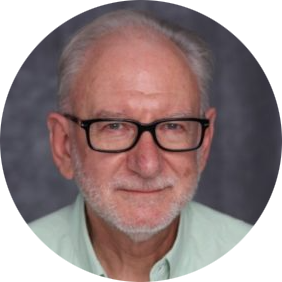
Dr. Ian Watson is Professor of Theatre and Chair of the Department of Arts, Culture and Media at Rutgers University-Newark (RU-N). He has worked in theatre, television and film. He trained as a theatre director at the National Institute of Dramatic Art (NIDA) in Sydney, Australia. He is the founder and currently director of the Urban Civic Initiative at RU-N, which combines arts practice with educational strategies as tools of community engagement. He is the author of Towards a Third Theatre: Eugenio Barba and the Odin Teatret (Routledge, 1995, 1993) and Negotiating Cultures: Eugenio Barba and the Intercultural Debate (Manchester University Press, 2002). He edited Performer Training Across Cultures (Harwood/Routledge, 2001). He has contributed chapters to over a dozen books, including most recently, The Routledge Companion to Michael Chekhov (Routledge, forthcoming), Actor Training Reader (Routledge, 2015), European Theatre Performance Practice, 1900 to the Present (Ashgate, 2014), Performatyka: źrødła I perspektywy/Performance Studies: Sources and Perspectives (Kontekst, 2014) and Collective Creation in Modern Performance (Palgrave/ MacMillan, 2013). He has published numerous articles in professional journals such as: Theatre, Dance and Performer Training; New Theatre Quarterly; About Performance; and The Drama Review.
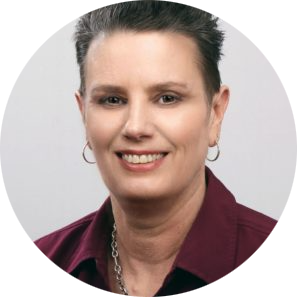
Dr. Bonnie Veysey is a professor in the School of Criminal Justice. A distinguished scholar and committed teacher and mentor, Bonnie has been a faculty member at RU-N since 1998 and has served in a number of leadership roles, including terms as interim, acting, and associate dean of the School of Criminal Justice; Vice Chancellor for Planning and Evaluation; and currently serves as the inaugural Director of the P3 Collaboratory for Pedagogy, Professional Development and Publicly-Engaged Scholarship, a comprehensive faculty development center designed to increase excellence in teaching, scholarship, leadership, and career success.
Her own research focuses primarily on behavioral health and justice issues with over 100 peer-reviewed and policy-based publications. Reflecting the university’s mission of reciprocal engagement with community partners, Bonnie also works with state and local agencies to create, sustain and evaluate community initiatives to improve educational, and mental health and addictions outcomes.
The P3 Collaboratory is committed to fulfilling our university’s mission through enhancing scholarly innovation and promoting the social mobility of our students and the residents of our city and region. Core to this mission is the success of our students. As such, the P3 Collaboratory is a partner in Globally-Engaged Experiential Learning, believing that immersive and deep engagement with other cultural communities enhances student learning and a sense of civic responsibility.

Amani Charles Ayo is a passionate tourism expert from Arusha, Tanzania, with over a decade of experience in tour operations, hotel management, environmental conservation, and sales. As Director of Charles Tours Ltd and Program Coordinator for Global Engaged Experiential Learning in Tanzania, he is dedicated to creating unique, sustainable travel experiences. Ayo holds a Bachelor’s in Tourism Studies from the Open University of Tanzania and is fluent in English, Kiswahili, and entry-level French. His work aims to showcase Tanzania’s beauty while empowering local communities and promoting environmental conservation.
